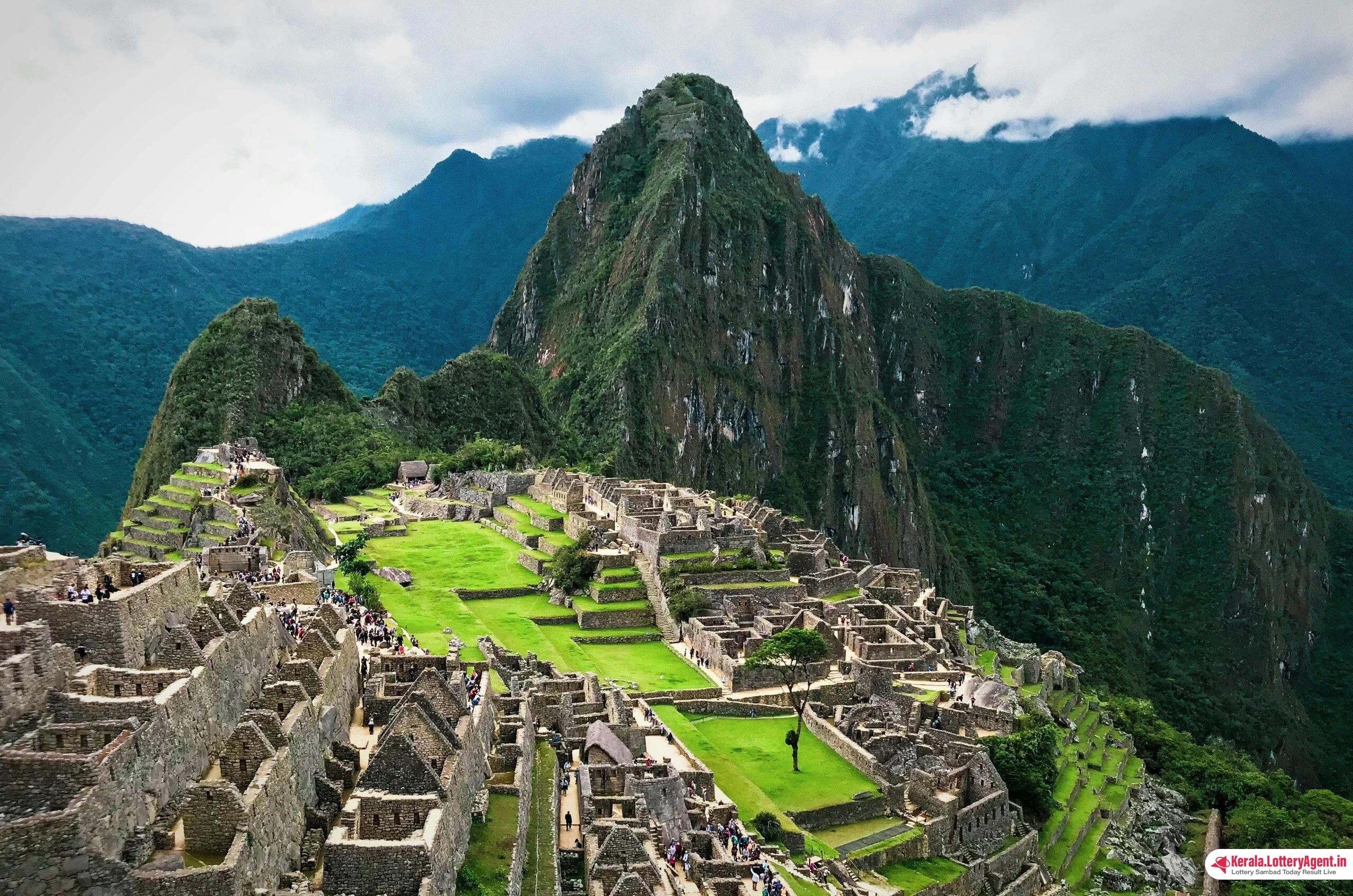
As the clock ticked past the 9th of February, a new era dawned upon the online gaming and sports betting landscape in Peru with the implementation of Law No. 31557. The legislative framework set a firm deadline of the 10th of March for operators, whether they were already entrenched in the Peruvian market or fresh entrants, to seek formal licensing. The Ministry of Foreign Trade and Tourism (Mincetur) had clearly stated the stakes were high; any active operators who failed to apply would be risking a hefty fine amounting to S/990,000 or even criminal charges.
Mincetur has announced the closure of the initial application window for existing companies, receiving a substantial tally of 145 applications from a mix of national and international entities. It is noteworthy, however, that the doors remain open for new operators to join the regulated Peruvian market beyond this period.
A detailed look at the flurry of activity during the initial 30 days post regulation reveals 144 service providers aligning their operations with the new framework. Notably, seven international certification laboratories, including renowned Gaming Laboratories International, have stepped up to the accreditation plate, ensuring their systems meet the stringent new standards.
Furthermore, in a significant nod to technological infrastructure adequacy, there were 184 applications logged seeking validation for various tech platforms and gaming modalities. “This is an important step that Peru is taking to regulate this activity, not only because of the economic movement it generates and the revenue it will have, also because of the need to provide security to citizens who enter and use these applications,” remarked Juan Carlos Mathews, Peru’s minister of foreign trade and tourism.
October of the previous year saw Mincetur’s approval of the Supreme Decree 005-2023-Mincetur, which laid out the specific requisites operators must fulfill to be granted the privilege to service the Peruvian market. One of the critical components of this decree is a set tax rate of 12% on gross gaming revenue (GGR), effective from the 1st of April.
Estimates pitched by Mincetur hint at an annual contribution of around S/162m to the Peruvian state coffers from online gaming and sports betting, juxtaposed against a backdrop of some S/3.8bn in bets placed during 2022. The tax revenue distribution plan allocates 40% to Mincetur itself, bolstering its capacity for oversight and regulation. The remaining 60% is earmarked for public health (specifically mental health departments), the treasury, and fostering the growth of sports via the Peruvian Sports Institute. This taxation scheme, however, spares the players, as it solely targets the corporate end of the spectrum.
The inception of Law No. 31557, signed by President Pedro Castillo in August 2022, did not see an untroubled journey. It came under scrutiny for potentially giving foreign operators leeway with under-taxation and, as a response, May 2023 saw the introduction of Law No. 31806, which enacted several pivotal amendments. These changes included a significant tripling of the licence fee costs, now standing at S/2.97. Moreover, the latest law signaled the termination of retail licences, instead requiring points of sale to furnish a warranty of S/24,750 to provide gaming services.
With these developments, Peru firmly positions itself as a regime intent on not only capitalizing on the lucrative online gaming sector but also ensuring a secure and responsible environment for its populace. As the country braces for the economic and social implications of these reforms, the future of online gaming in Peru teeters on the pivot of meticulous regulation and enthusiastic market participation.












